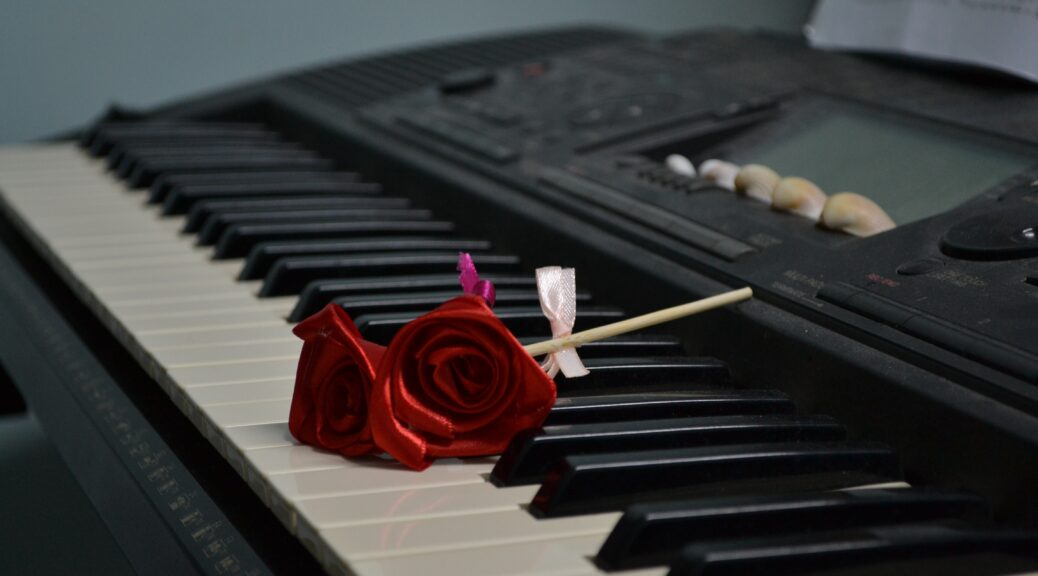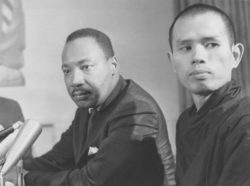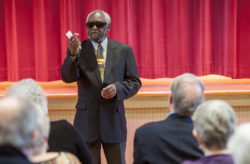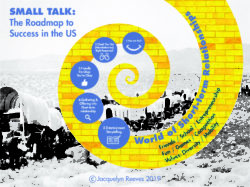The words “diversity” and “inclusion” are big buzz words in today’s society, and they should be as they are very relevant and important in today’s times. But although these words are often thrown around, it is important for us to think critically about what they mean. And to assess their impact on business and society as a whole.
Many large companies are hiring for diversity in race and gender, amongst several other categories. But why, so often, is culture left out of the equation? Should it be? Definitely not. And here’s why.
Continue reading Here to Stay: Cultural Diversity & Inclusion – by Robert Maisel



 Our world is burning up from within. We need action – now – to lower the earth’s temperature, to stop mass incarceration , child abuse, and human trafficking. And what about self-harm and self-hate? Why does our own spirit twist against us so violently?
Our world is burning up from within. We need action – now – to lower the earth’s temperature, to stop mass incarceration , child abuse, and human trafficking. And what about self-harm and self-hate? Why does our own spirit twist against us so violently?
 Small talk delights and confounds us, and it is worth asking why.
Small talk delights and confounds us, and it is worth asking why.